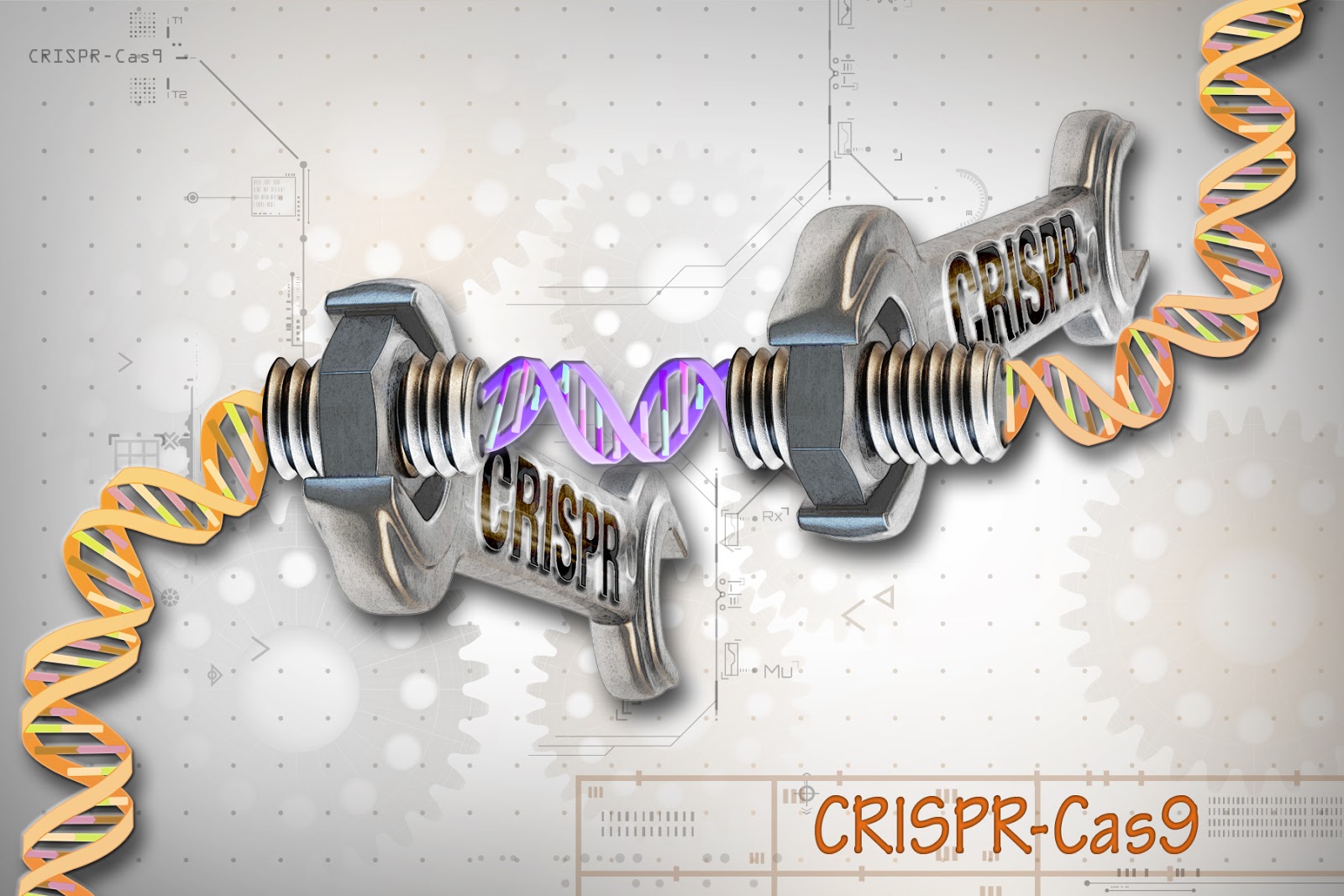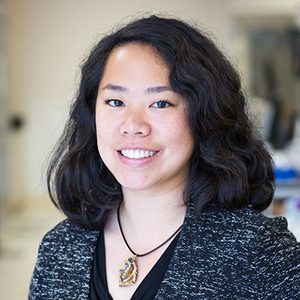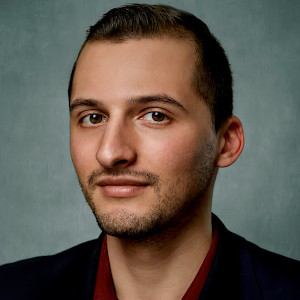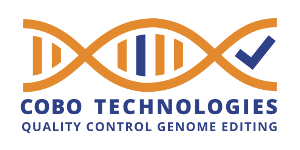Over the past few years, CRISPR has revolutionized the life sciences. Engineered to generate targeted DNA breaks, various DNA changes can be introduced in living organisms which offer the opportunity to treat a plethora of inherited diseases. The ongoing expansions of the CRISPR toolbox supports new applications across various domains of research and medicine. This session intends to provide an informative summary of latest breakthroughs with a focus on recent achievements and potential utility at the clinical setting. The discussion will also include challenges and needs to fully appreciate the potential of this technology.
Session Chair Profile
Biography
Janice Chen is the co-founder and Chief Research Officer at Mammoth Biosciences, a biotechnology company harnessing a revolutionary gene-editing tool called CRISPR - used for rapid and affordable disease detection. During her time as a graduate student under CRISPR pioneer Jennifer Doudna, Chen studied how DNA-cutting CRISPR proteins recognize and cut their target, thus enabling more precise gene-editing tools. This investigation also revealed that some DNA-targeting CRISPR proteins have ideal properties for nucleic acid detection, which evolved into a programmable DNA detection technology called DETECTR that Chen co-created. Chen sees the enormous potential in new diagnostic tools developed out of CRISPR biology, from identifying bacterial and viral infections to early cancer detection.
Speaker Profile
Biography
Andre founded Ligandal, a breakthrough gene therapy technology company, to enable programming of biological matter with nanomaterials. His goal is ultimately to extend human lives and create curative genomic therapies. In 2014, he created the world’s first non-viral system for delivering guided nucleases such as CRISPR and TALEN in vivo. This work was the first demonstration of a cell-specifically targeted gene editing technology. He is an inventor on 8 pending or issued patent families relating to cell-specifically-targeted nanomedicine and gene therapy technologies. Andre splits his attention between financing, business development, IP and designing biomimetic peptides for targeting cells with gene therapies. His vision for Ligandal is to enable a new era in personalized medicine and globally accessible gene therapy.
Speaker Profile
Biography
Dr. Aran is an Assistant Professor of Medical Diagnostics and Therapeutics at Keck Graduate Institute, a member of the Claremont Colleges, visiting faculty at the University of California Berkeley, and is Co-Founder of Nanosens Innovations and Cardea Bio. Dr, Aran also serves as a Consultant of Drug Delivery and Medical Diagnostics for the Bill and Melinda Gates Foundation. She received her undergraduate degree in electrical engineering from the City University of New York in 2007 and her Ph.D. in biomedical engineering from Rutgers University in 2012. She then continued her postdoctoral studies in bioengineering at the University of California Berkeley and was a recipient of the National Institutes of Health (NIH) postdoctoral training fellowship at the Buck Institute for Aging Research in 2015. Her research efforts focus on designing novel biosensing platforms, using 2D nanomaterials, for early disease diagnosis as well as understanding the biological processes that underlie aging. Her scientific vision is to explore the utility of nano-electronic systems to develop transformative and customizable biosensing platforms for pharmaceutical, clinical, and environmental applications.
Speaker Profile
Biography
Jonathan Gootenberg draws from fundamental microbiology to engineer new molecular tools. These tools, including the popular genome-editing system CRISPR, allow for unprecedented manipulation and profiling of cellular states in the body and have multiple applications in basic science, diagnostics, and therapeutics. Dr. Gootenberg uses gene editing, gene delivery, and cellular profiling methods to understand the changes that occur in the brain and other organs during aging, with the goal of generating new therapies for degenerative disease. Dr. Gootenberg earned his bachelor’s degree in mathematics and biological engineering at MIT and received his Ph.D. in Systems Biology from Harvard University, during which he conducted research with Aviv Regev and Feng Zhang at the McGovern Institute and Broad Institute of MIT and Harvard. He is one of the first members of the McGovern Institute Fellows program, which supports the transition to independent research for exceptional recent Ph.D. graduates.
Speaker Profile
Biography
Jens-Ole Bock is managing the fast growing CRO, COBO Technologies, that support the growing need for more quality control in genome editing. Focus is InDel mutation analysis and Proteomic profiling. In addition Bock is advisor for the CRISPR Medicine Blog, that post weekly interviews from the CRISPR medicine field. Bock comes with a solid background in molecular biology from the University of Copenhagen, Denmark. He has more than 18 years of commercial experience working with some of the leading genome-editing companies in the world. Bock successfully introduced the first commercially available genome editing tool, the Zinc Finger Nuclease (ZFN), in Europe as part of the specialist team at Sigma-Aldrich. He has done more than 100 presentations at conferences, seminars, and meetings in Europe, the US, and Asia. Jens-Ole Bock also supports the Danish start-up environment as an advisor and as a board member.

















